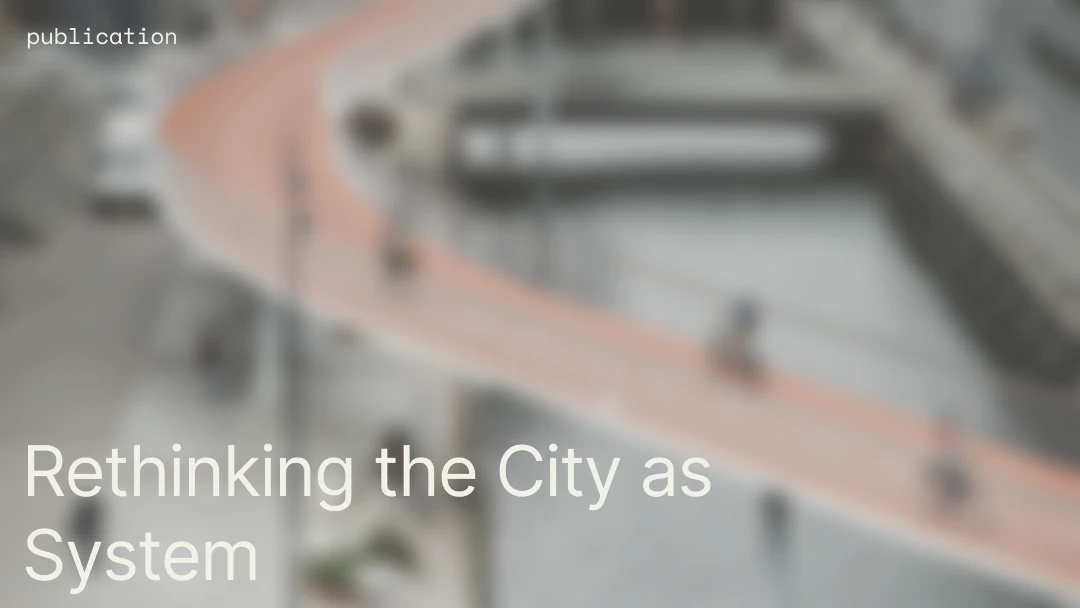
This collection intends to highlight the potential of bio-based materials, theme that our Park Plus research team has been developing for years, with the aim of emphasising the need for an ethical, responsible and low-impact architecture.

Sustainability in construction is about more than just intentions—it’s about actionable data. Environmental Product Declarations (EPDs) are key in this, as they hold most of the important environmental data needed to plan the right material choices for the minimal impact.
The problem is, architects, contractors, and other AEC professionals often don’t have easy access to this data, and are cornered into putting an “effort price-tag” on their efforts to keep the project’s footprint to a minimum.
Naturally, the solution to this conundrum consists in making EPDs more widely available, for example by digitising them. This ensures that the environmental data behind a project is seamlessly accessible, for instance by integrating it into existing workflows using tools like revalu connect—an API that lets architects, engineers, and consultants link real-time material data from revalu to the tools they already use, such as spreadsheets or popular design softwares.
But that’s only the first step to the solution, as data, especially once digitised, need to be maintained and checked to prevent errors from creeping in. This is where our data quality service — built right into connect — comes into play, and it is much more than just a fact-checker.
As mentioned, EPDs provide critical insights into a product’s environmental footprint, detailing metrics like carbon emissions, water use, and energy consumption throughout its lifecycle. However, managing this data manually remains a slow, inefficient, and error-prone process. As sustainability regulations tighten across Europe and beyond, reliable and compliant data is no longer optional—it’s essential. Digitalising EPDs not only makes the process faster but also opens up opportunities to integrate this data into tools professionals already use.
With revalu connect, users can already automatically pull reliable material data into spreadsheets, design software, and project management tools, streamlining workflows and ensuring compliance with environmental standards. This kind of integration transforms how material data is used, shifting from cumbersome manual processes to seamless, data-driven decision-making.

To make sure that the environmental data we provide to AEC professionals is always up-to-date, and within acceptable boundaries, revalu connect needs help. At the heart of revalu’s platform, beside all the EPDs and material data, there is a tool we designed to ensure all environmental data is accurate, valid, and quality-checked. It continuously monitors our database of 20,000+ materials, flagging expired or incomplete EPDs and keeping the data compliant and ready to use.
For users of revalu connect, this means peace of mind—knowing that the material data they’re integrating into their workflows is always validated. Whether you’re exporting data to a spreadsheet, syncing with design tools, or using advanced project management software, our quality monitor ensures the data remains trustworthy.
For instance, CREE used this tool to create custom data validation rules tailored to their sustainability goals. By combining its flexibility with revalu connect’s ability to integrate directly into their software ecosystem, they streamlined their processes while staying aligned with environmental benchmarks.

The combination of digital EPDs, revalu connect, and our reliable quality-check service creates a seamless experience for professionals managing material data. Key benefits include:
revalu connect takes the power of digital EPDs to the next level by connecting our database to your favourite tools. Whether you’re running calculations in a spreadsheet, designing in CAD software, or managing a team on a project management platform, revalu connect ensures the data you need is there—precisely when you need it.
At revalu, we’re committed to simplifying sustainable building. Our platform not only offers access to a curated collection of eco-friendly materials but also provides tools like revalu connect to make data management effortless.
Ready to integrate smarter material decisions into your workflow? Try revalu connect today and experience how linking environmental data to your tools can transform your projects.
.png)
.png)
.png)




























